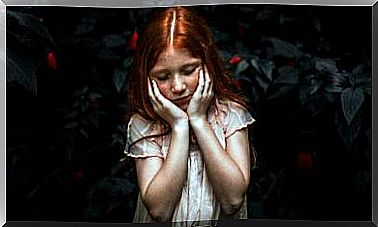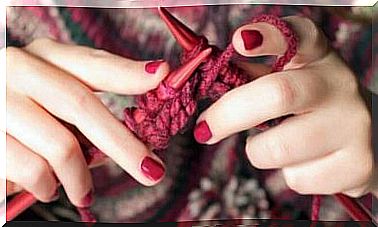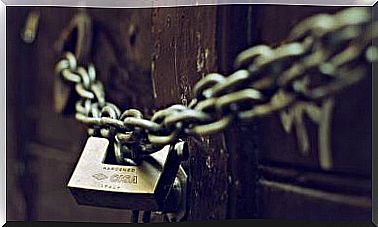It Is Important To Listen To Children When They Are Small
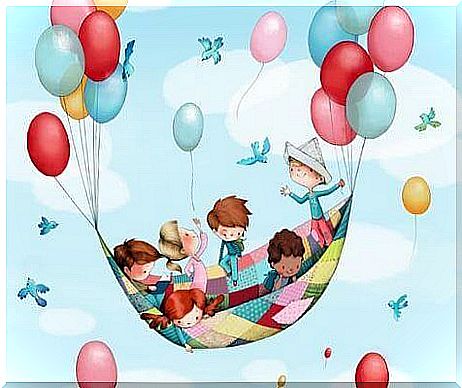
Listen carefully to anything the children say to you, whatever it is, because it is very important for them to be heard. Your interests, your enthusiasms, your feelings, your discoveries, your emotions, your thoughts, your successes, your evolution.
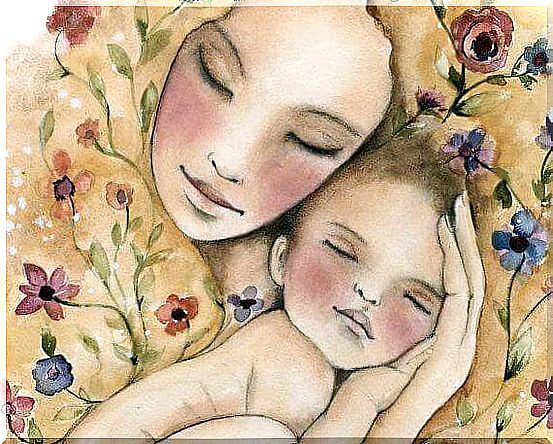
At mealtime, the most important news is what the children tell us
We are so used to putting off what children tell us that we don’t realize that when it’s time to eat what’s really important is not the TV news, but the things our children have to tell us.
As insignificant as it may seem, for a child everything around him is magical ; even so, we adults don’t realize this because of the loss of the ability to be impressed, because we don’t define ourselves by what we can enjoy, but rather by what is useful for our routine and our standard behaviors, as if we were robots with uncompromising goals.
Prisoners of haste, we are not useful to our children, we do not offer them our help and company because we do not respect their moments and spaces, because we cannot tune in and be patient, guide them gently and without getting bored.

listen to children and talk to them
How we talk to our children matters a lot, no doubt about it. If we speak to children with affection and strive to maintain an understanding communication with them, we will achieve enhanced growth that will allow us to speak and listen correctly.
1. How we have to change our way of speaking to facilitate the expression of feelings
As we have pointed out on other occasions, there is a direct relationship between how a child feels and how he behaves. It’s a simple rule: if a child feels good, he behaves well. We are the key to this process and we can help them achieve well-being. Like? Accepting your feelings and trying not to send messages like:
- He’s not tired, he’s just a little sleepy.
- There’s no reason to feel that way.
- It’s not hot, don’t take off your coat.
The key to a good evolutionary development is that we tune in with our children and start sending other types of messages: “you are tired despite having a good nap”, “I see that you are very agitated today”, “I feel cold but I see you’re hot”, etc.
That is, it is about developing their empathic capacity through ours, allowing them to feel and validating their feelings and emotions. Like? Paying attention, maintaining interest in what they tell us, working so that they are valued and understood.

2. Praise, another important topic
We often forget to congratulate our children when they do things well. However, we must keep in mind that the internal dialogue we foster in this way is unhealthy. How can we pretend that children don’t do wrong things if when they do something right we say they are doing nothing more than their duty?
3. When we want to have cooperation
When we want to have cooperation we usually tend to send out authoritative messages. Many of us will recognize ourselves in the following sentences:
- Do not do this.
- Don’t eat with your hands.
- Don’t play with water.
- Do your homework.
- Wash your hands right now.
- The game is over, go to bed.
As a result, it is natural that the children’s attitude ends up becoming a constant challenge, so that they explicitly or implicitly convey to us that “I do what I want”. For this we answer: “I will do what I want” , escalating into the conflict and harming the construction of a healthy relationship.
So, again, what we have to change is our discourse, trying to stop blaming and blaming our children because they soiled the floor, or left marks on the crystal vase. In this way, everything that conveys judgments (it’s good, it’s bad, it’s beautiful, it’s ugly…) will ideally be eliminated from our usual vocabulary. There are many healthier ways to educate.
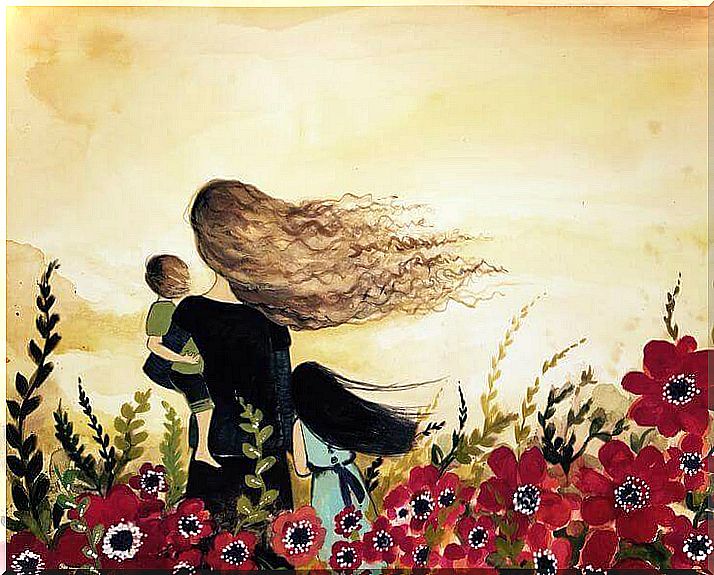
So when I want to get cooperation and make the child understand that they can do something differently and the reasons for doing so, we can do it as follows:
– Describe what you are doing or the problem that exists (Instead of “How many times do I have to tell you to turn off the bathroom light” it is better to say “The bathroom light is on”)
– Give specific information about what’s going on (Instead of “Who drank the milk and left the bottle out of the fridge?” we’d better say “The milk goes bad outside the fridge”)
– Ask in a few words, in a simple, concise and positive way (Instead of “Stop playing and go to sleep” it would be something like “Maria, would you not like to put your pajamas on”)
– Talking about your feelings (Instead of “It’s the most boring in the world”, it’s better to say “I don’t like being yelled at to ask for things”)







